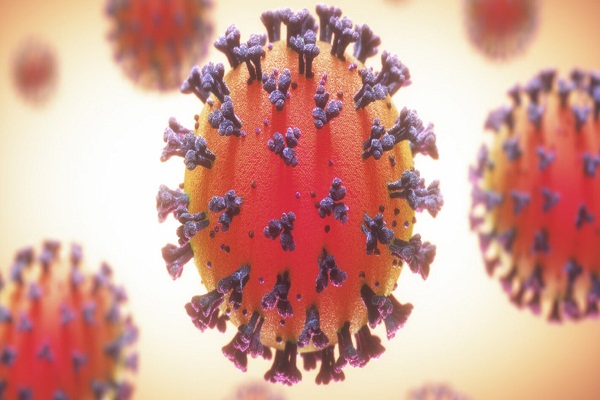
There’s no doubt that the COVID-19 pandemic has led to global morbidity and mortality. The rapid spread of coronavirus (SARS CoV-2) have caused significant disruptions in the delivery of routine healthcare services worldwide.
Most invasive cardiovascular procedures have been disproportionally affected, except for emergency procedures like primary PCI, other routine/ elective cardiac surgical procedures are on hold due to potential dearth of hospital/ICU resources, possible unnecessary exposure of patients/hospital staff to COVID-19 and most importantly the patients are scared to visit hospital for elective cardiac surgical procedures.

Unfortunately, patients with untreated cardiovascular diseases are at increased risk of adverse outcomes. Delays in the treatment of these patients will have detrimental effects. For example, in 5864 patients waiting for elective CABG in Sweden, the risk of death increased by 11% per month. A similar study from New Zealand demonstrated significant increased (~20%) mortality in patients waiting for CABG.

Also read: Life during COVID-19 pandemic as a Medical Microbiologist

The factors resulting in delaying a cardiac surgical procedure are manifold. Blood products are in short supply because volunteer donations are significantly reduced. Resources (hospital beds, human resources, PPE kits, etc.) are limited and are being utilised for patients suffering from COVID-19. Lastly, the surgical procedure is avoided to prevent infection of the healthcare team by an asymptomatic carrier.

Moreover, preliminary studies have suggested that patients with established cardiovascular diseases may have a greater risk of increased COVID-19 infection severity and prognosis. Current evidence is limited for post-operative outcomes in cardiac surgical cases. An international multi centre cohort study which included 1128 confirmed COVID cases undergoing a broad range of surgeries, the 30-day mortality rate was 23.8%. The study also showed that, 51.2% patients had postoperative pulmonary complications which was associated with a high mortality rate of 38.0%.
Although there will be a myriad of competing demands from multiple disciplines, the increased risk explained above warrants the prioritisation of cardiovascular procedures as healthcare system return to normal capacity.
As we move along the way of dealing with the pandemic, there is a chance to introduce regular cardiovascular care in a reformist way with suitable protections of patient, institutional limit, and disease burden in the community.
The future of cardiac surgery after pandemic is unclear.These unprecedented times has taught a lesson that can be taken forward to inform future service planning. However,routine screening of patients for SARSCoV-2 will undoubtedly play a key role in identifying asymptomatic infections and service delivery will inevitably shift if the changes will be brought to hospital protocol. Application of telemedicine during the pandemic has already reported in the delivery of various disciplines.
Surgeons also have to address the vast backlog of surgeries caused by cancellations of elective operations in a sustainable manner, with adequate precautionary measures. Clear guidelines are needed to ensure safe re-introduction and reassure patients concerned about safety of cardiac surgical services.
The future trajectory of this pandemic is uncertain and the impact of COVID-19 on cardiac surgery will undoubtedly shape the future delivery of cardiac surgery.
(Disclaimer: The author is Dr Mohammad Mubeen, Associate Director- CTVS, Max Super Specialty Hospital, Shalimar Bagh)
Be a part of Elets Collaborative Initiatives. Join Us for Upcoming Events and explore business opportunities. Like us on Facebook , connect with us on LinkedIn and follow us on Twitter , Instagram.
"Exciting news! Elets technomedia is now on WhatsApp Channels Subscribe today by clicking the link and stay updated with the latest insights!" Click here!
















